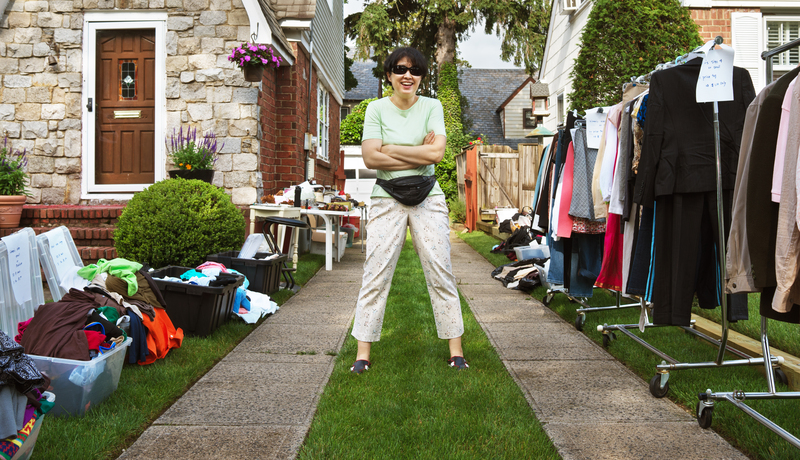Understanding Hard Rubbish: Disposal Made Easy
Every year, households accumulate a vast array of items that need discarding, and hard rubbish disposal becomes an inevitable task. To aid your understanding, we'll delve into what hard rubbish is, why it needs proper disposal, and how to effortlessly manage it. By the end of this guide, you'll find hard rubbish disposal easier and more efficient.
What is Hard Rubbish?
Hard rubbish refers to large household items that are not suitable for disposal in regular garbage collection bins. These can include furniture, electrical appliances, and other bulky household waste. Understanding what constitutes hard rubbish is the first step in managing it effectively.
Common Types of Hard Rubbish
- Furniture: Items such as sofas, tables, and chairs that have outlived their usefulness.
- Appliances: Large electrical and electronic goods like refrigerators, washing machines, and ovens.
- Mattresses: Often bulky and difficult to dispose of through standard means.
- Household Fixtures: Items like bathtubs, sinks, and cabinetry removed during renovations.
Recognizing these items will help you categorize and plan their disposal appropriately.

Why Proper Disposal is Crucial
Improper disposal of hard rubbish can lead to several environmental and health issues. Let's explore the significance of responsible hard rubbish disposal:
Environmental Impact
The materials in hard waste often contain hazardous components which, if not managed properly, can harm the environment. Recycling and appropriate disposal reduce pollution and landfill use, conserving natural resources and reducing greenhouse gas emissions.
Health Concerns
Improperly disposed hard rubbish can harbor pests and become a breeding ground for bacteria, posing health risks to humans and animals. **Proper disposal** ensures these risks are minimized, maintaining a safe and hygienic community.
How to Dispose of Hard Rubbish
While disposal might seem daunting, a systematic approach can simplify the task considerably. Here's a step-by-step guide:
1. Assess and Sort Items
Begin by evaluating what needs disposal. Categorize items based on their type--this helps streamline the process and identify items that can be recycled or donated.
2. Check Local Council Guidelines
Most communities have specific regulations and services for hard rubbish collection. **Check with your local council** for schedules, permissible items, and preparation requirements.
3. Arrange for Council Collection
Many councils offer free scheduled pickups or appointments for bulk rubbish removal. Ensure items are placed in designated spots ahead of the collection day according to council guidelines.
4. Hire a Professional Service
For convenience, hiring a professional rubbish removal service can be a great choice. They provide expertise in handling, transporting, and disposing of waste appropriately.
5. Consider Recycling and Donations
- Recycling: Items like metals, electronics, and some types of plastics can often be recycled.
- Donation: Many charities accept used furniture and appliances that are in good condition.
These options not only aid in proper disposal but contribute positively to the environment and community.

Innovative Solutions for Hard Rubbish
With technological advancements, new and effective methods of managing hard rubbish have emerged:
Smart Waste Bins
Smart waste bins equipped with sensors can help categorize waste, suggesting recyclable and non-recyclable items. This technology can streamline sorting and improve recycling rates.
Online Platforms
Platforms like Freecycle or local community groups allow individuals to give away unwanted items, extending their life cycle and reducing waste.
Eco-Friendly Products
Choosing durable and sustainable products reduces the frequency of disposal and supports environmental conservation efforts.
Incorporating these innovations makes hard rubbish disposal both efficient and environmentally responsible.
Conclusion
Understanding and managing hard rubbish isn't just about keeping your home clutter-free; it's about contributing to a healthier environment and community. By following the outlined steps and utilizing available resources, you can simplify your disposal process and minimize environmental impact. Engage with local councils, consider recycling and donations, and stay informed about innovative disposal technologies to make disposal easy and effective.
Remember, proper management of hard rubbish not only declutters your space but also creates a sustainable future for all.